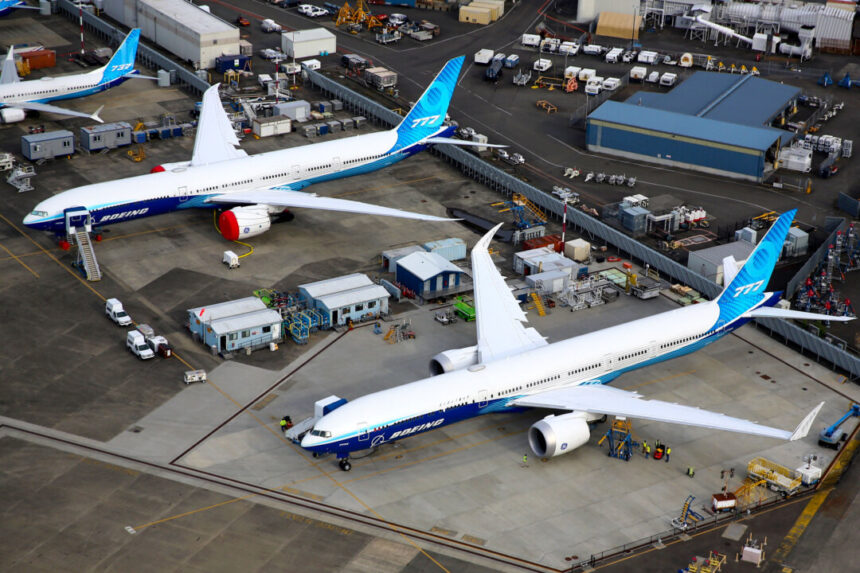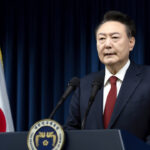After deregulation, competition in the airline industry has pushed companies to innovate, but has this resulted in a better flying experience for passengers?
Previously, airlines operated in a regulated environment similar to electric utilities, with mutual respect for each other’s territories. However, deregulation during the Carter administration changed the landscape, turning the once amicable industry into a cut-throat arena with new entrants and casualties, leading to mixed outcomes for travelers.
Despite the challenges faced by budget airlines recently, Frank Lorenzo, former CEO of Continental Airlines (now part of United Airlines), believes that while the core metrics of running a profitable airline remain constant, innovation is crucial for survival.
Having led airlines through various crises over the years, Lorenzo emphasizes the importance of leadership and risk-taking in the industry.
Lorenzo, with decades of experience in the airline sector, highlights the necessity of taking calculated risks to navigate the ever-changing landscape of the industry.
His insights are drawn from his long career in the industry, including his experiences during deregulation, economic crises, and labor disputes. Lorenzo shares his story in his newly published autobiography, “Flying for Peanuts,” shedding light on the current state of the airline sector in an interview with The Epoch Times.
However, critics argue that airlines, by controlling flyer miles and their redemption terms, may benefit more from these programs than passengers.
Unbundling services and generating ancillary revenue has become a common practice in the industry. Initially adopted by low-cost carriers, established airlines have also embraced this strategy to compete effectively.
Services that were once included in ticket prices, such as checked luggage and seat selection, are now offered as add-ons for an extra fee. Airlines now provide a range of options, from basic fares to premium economy offerings with additional amenities, catering to passengers willing to pay for enhanced comfort.
With the industry evolving to offer more options and personalized services, the flying experience has improved for those able to afford these upgrades. However, this shift has also faced criticism from lawmakers and passengers alike.
Airlines Under Scrutiny
During a recent Senate hearing, airline executives were questioned about their fee structures and customer service practices. Lawmakers expressed concerns about hidden fees, lack of transparency, and overall dissatisfaction among passengers.
While some defend these fees as offering flexibility to customers, others argue that more oversight and regulation are needed to protect consumers from unfair practices.
Despite the challenges faced by some airlines, industry experts like Lorenzo believe that there is a nuanced perspective on the impact of deregulation on the flying experience.
As the industry continues to evolve, the debate over whether deregulation has truly benefited passengers remains ongoing.
Companies like Frontier are well-managed with good ownership behind them, as evidenced by their 6 percent increase in operating revenues and improvements in key metrics such as revenue per available seat mile and costs per available seat mile.
Changes in the aviation industry have not only improved safety and efficiency in aircraft, but also revolutionized booking and marketing strategies for airlines. These changes have allowed airlines to better manage load factors and customize pricing for various services for each passenger.
In the past, a load factor of 60-65 percent was considered normal. However, in today’s competitive landscape, airlines must operate at a minimum of 80 percent to remain profitable.
Looking ahead, industry experts believe that the Trump administration will be more favorable towards airlines compared to the current administration. They predict that the new administration will be less stringent on anti-trust regulations, providing airlines with more freedom to operate.
One interesting anecdote involves Lorenzo’s relationship with President Trump. In 1989, Lorenzo sold Trump an East Coast commuter airline known as the Eastern Shuttle. Trump rebranded the airline as the Trump Shuttle, adding luxurious features like chrome and gold plating to the aircraft. This move mirrored the actions of other aviation magnates such as Howard Hughes and Herb Kelleher.
Unfortunately, the Trump Shuttle faced financial challenges when fuel prices spiked after Iraq’s invasion of Kuwait in 1990. The airline was eventually taken over by creditors, highlighting the risky nature of owning an airline, akin to being a movie producer – glamorous yet financially volatile.







